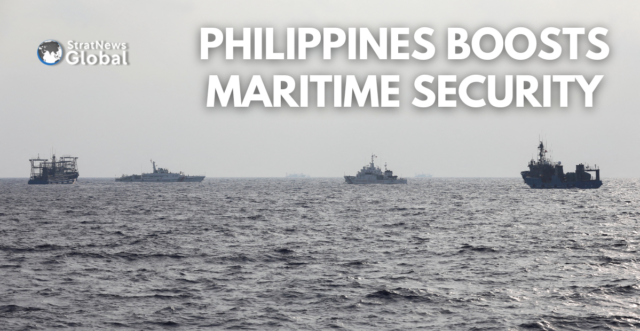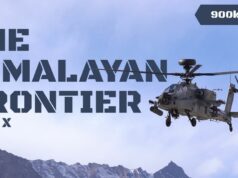The Philippines is set to bolster its maritime security with the acquisition of 40 fast patrol boats for its coast guard. The purchase, announced by the National Economic and Development Authority (NEDA) on Tuesday, aims to enhance the nation’s maritime security capabilities amid ongoing regional tensions.
French Development Assistance For Maritime Security
The funding for these vessels will come from official development assistance provided by the French government. This decision highlights the growing defence collaboration between the Philippines and France, which is increasingly focused on addressing maritime security in the region. The National Economic and Development Authority Board, led by President Ferdinand Marcos Jr., has approved this critical purchase.
Enhancing Security In The Philippine Waters
As the Philippines faces ongoing maritime security challenges in the South China Sea, the new patrol boats will play a vital role in securing its territorial waters. This acquisition underscores the Philippines’ commitment to modernising its coast guard and safeguarding its exclusive economic zone.
The acquisition of patrol boats does not in any way dilute the asymmetry China enjoys in its confrontation with Manila over disputed shoals in the South China Sea. These will merely help that country to beef up its surveillance and monitoring capabilities and underscore the seas that China claims, belong to Manila.
The Philippines defence budget this year was less than $5 billion as against China’s staggering $236 billion. The latter also has a sophisticated ship-building industry and is well on course to fielding a navy of over 350 naval vessels of all kinds.
China has a strategic naval force comprising nuclear-powered submarines armed with ballistic missiles of the conventional and nuclear variety, giving it strength and credibility.
But there is a message in Manila’s patrol boat acquisition. It is the fact that it is not short of powerful friends who can be counted upon to help in building up its armed forces.
Such help will probably come with strings attached, but for a small under-resourced country, anything that helps build capability is welcome.
(With inputs from Reuters)
Research Associate at StratNewsGlobal, A keen observer of #China and Foreign Affairs. Writer, Weibo Trends, Analyst.
Twitter: @resham_sng





